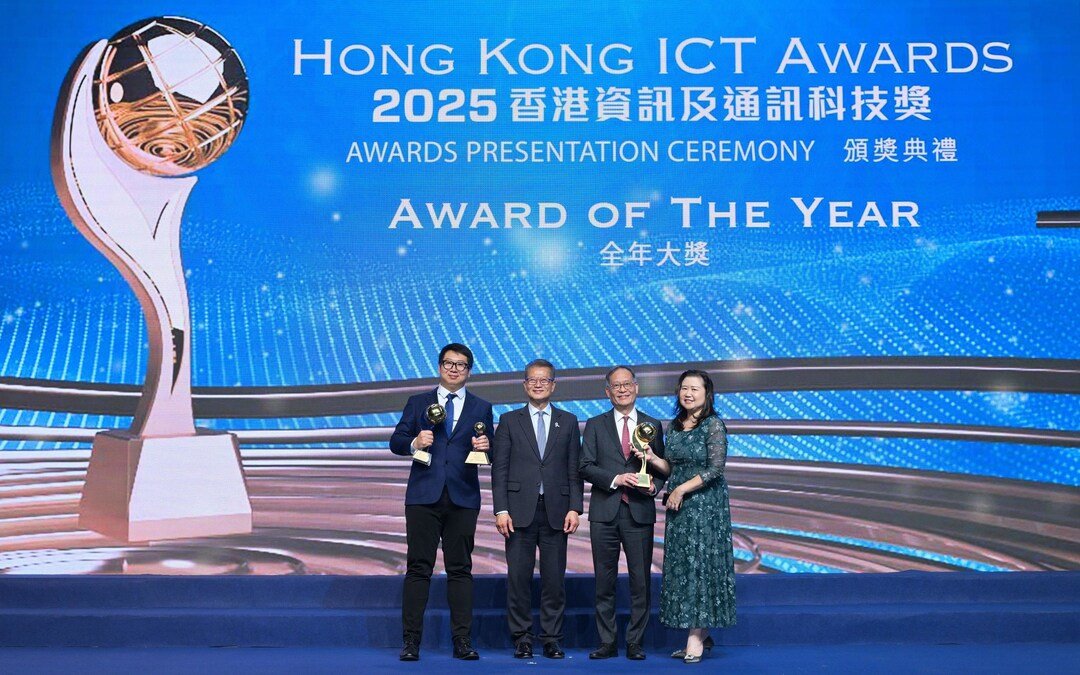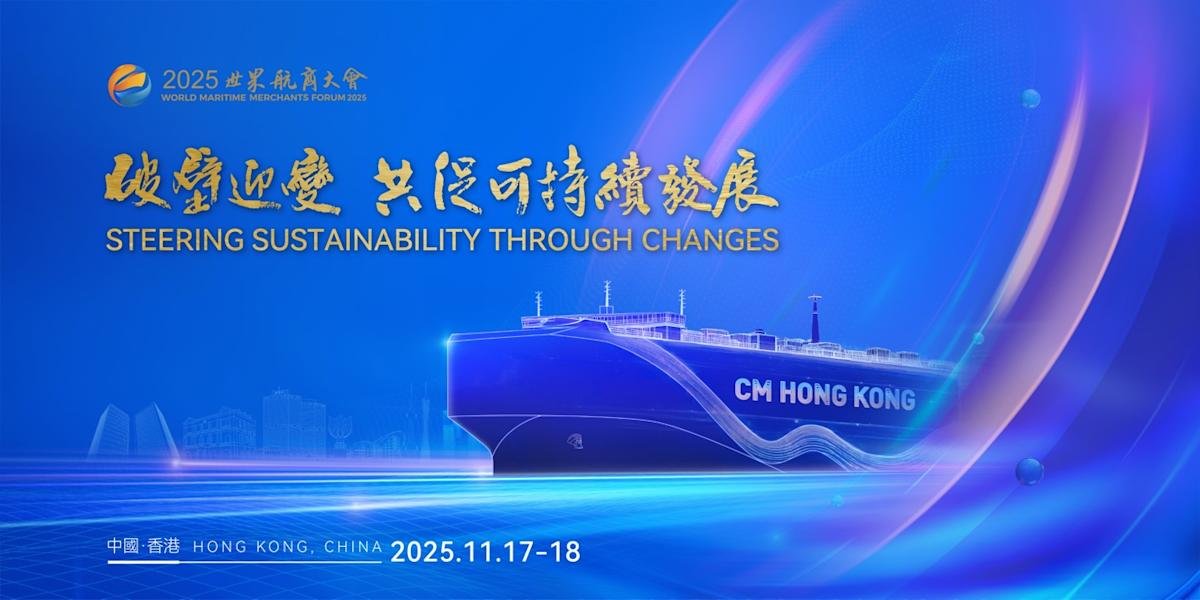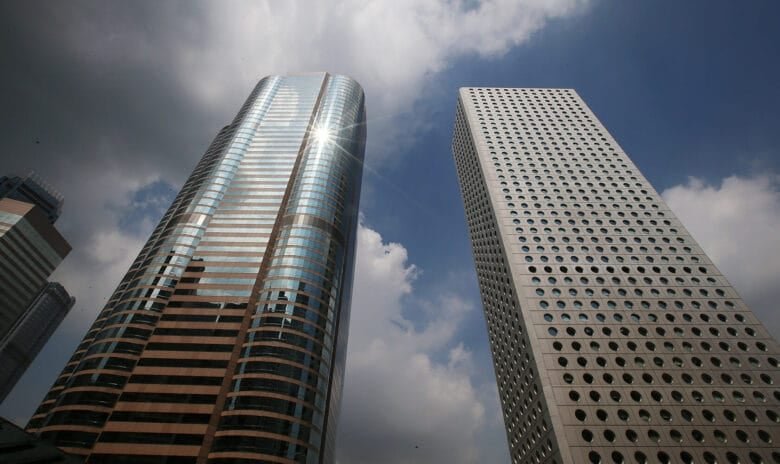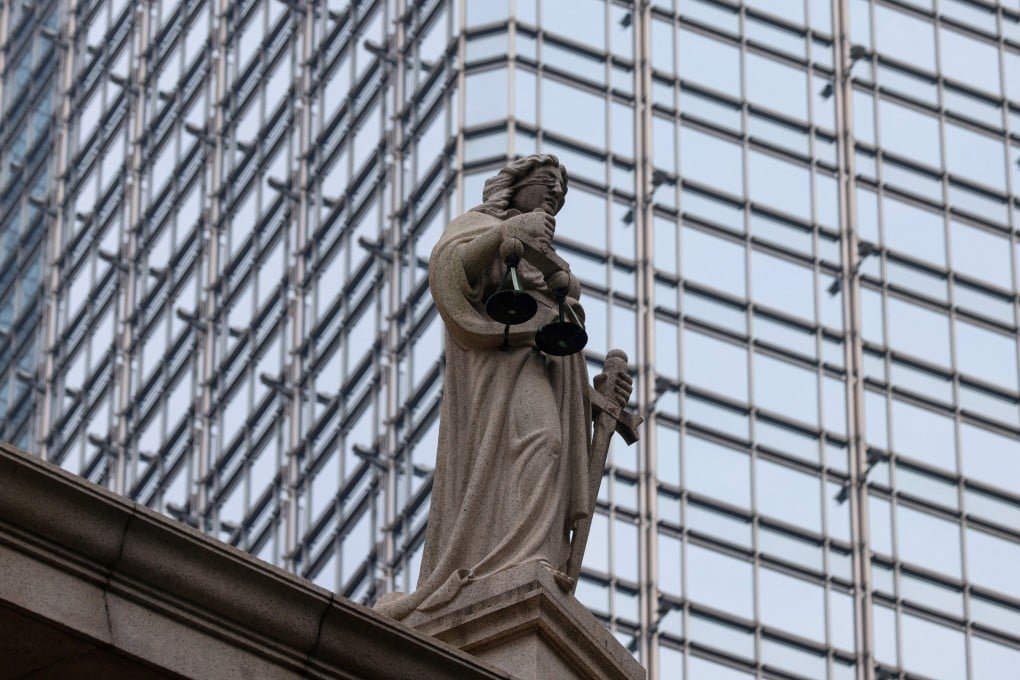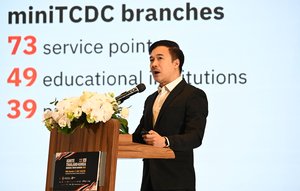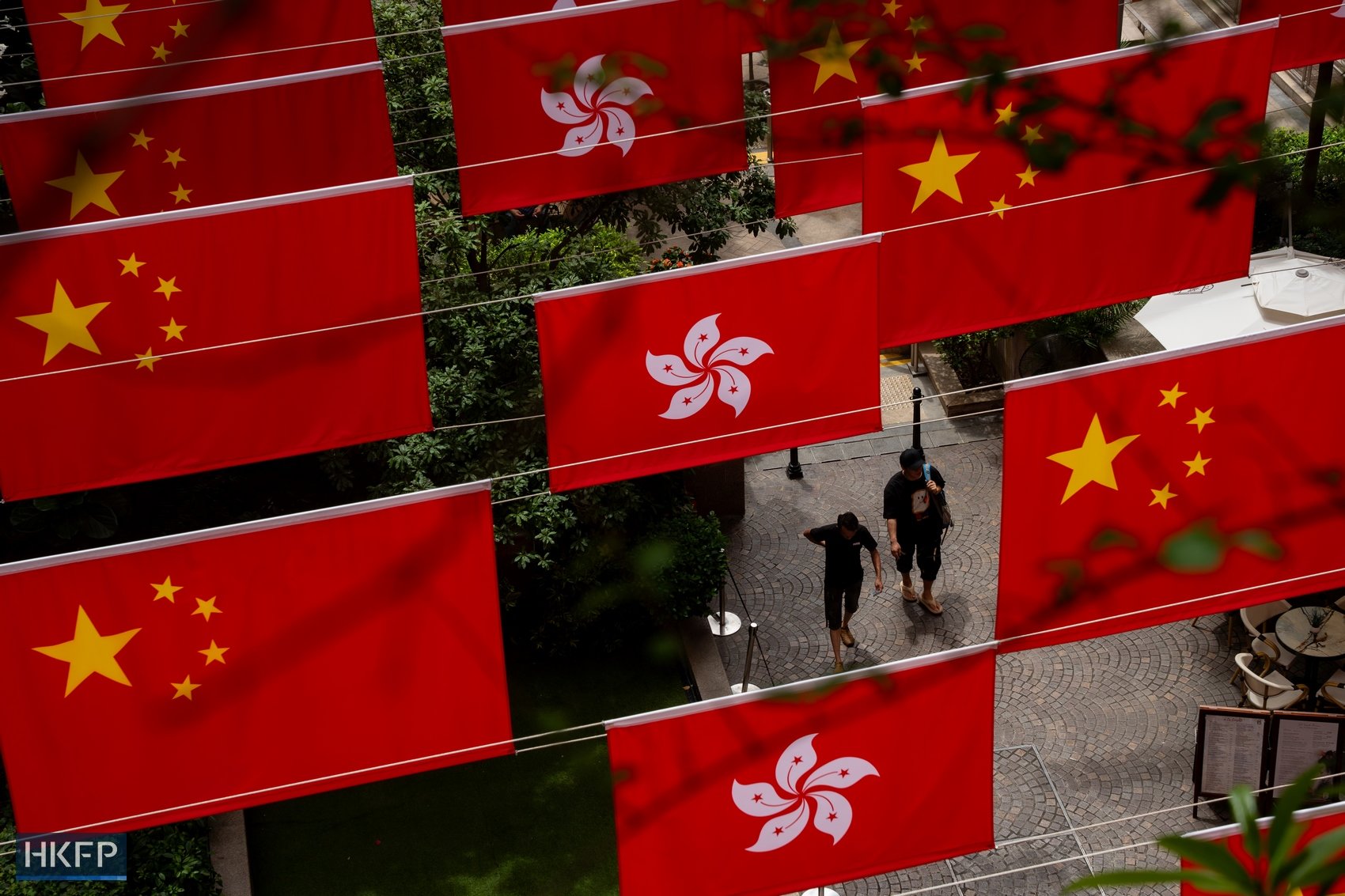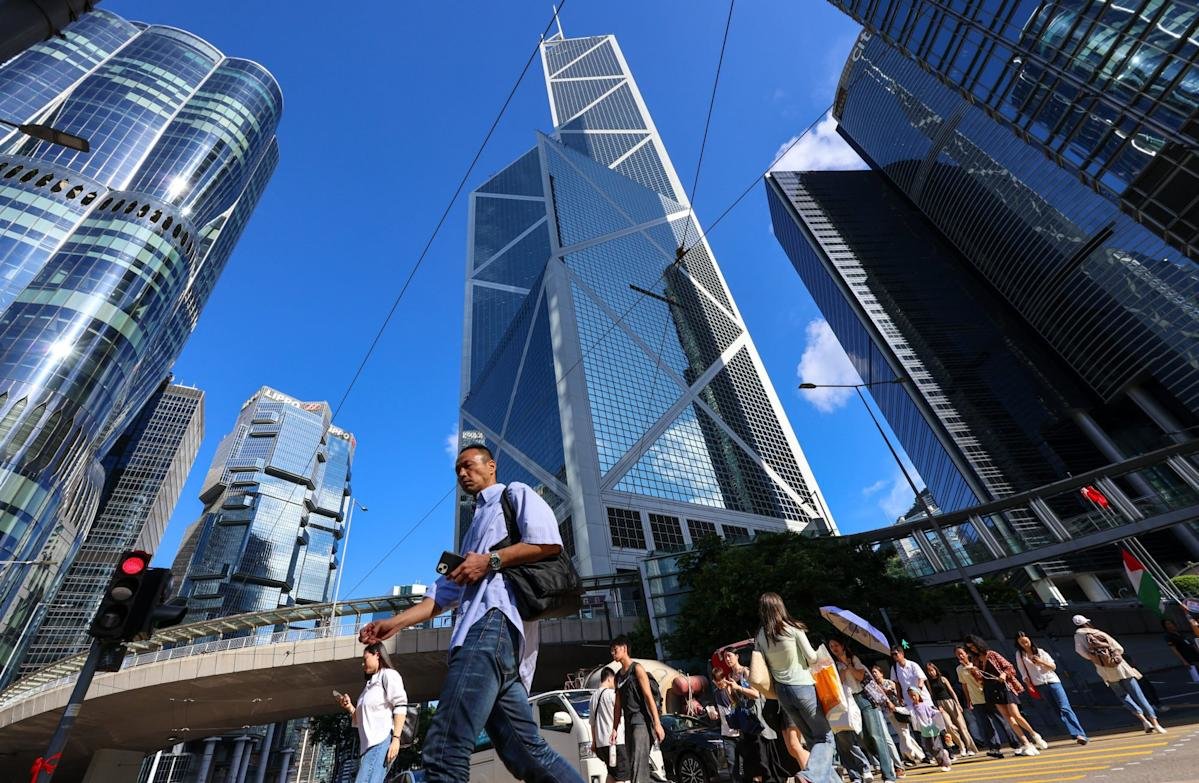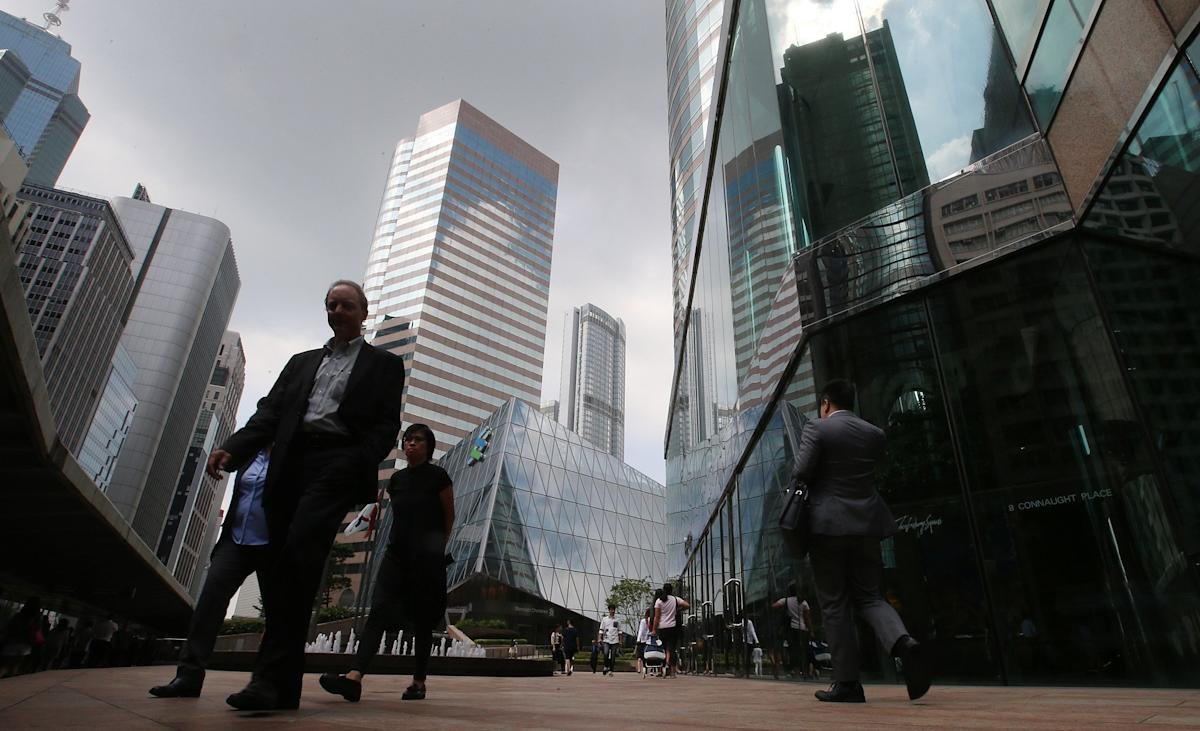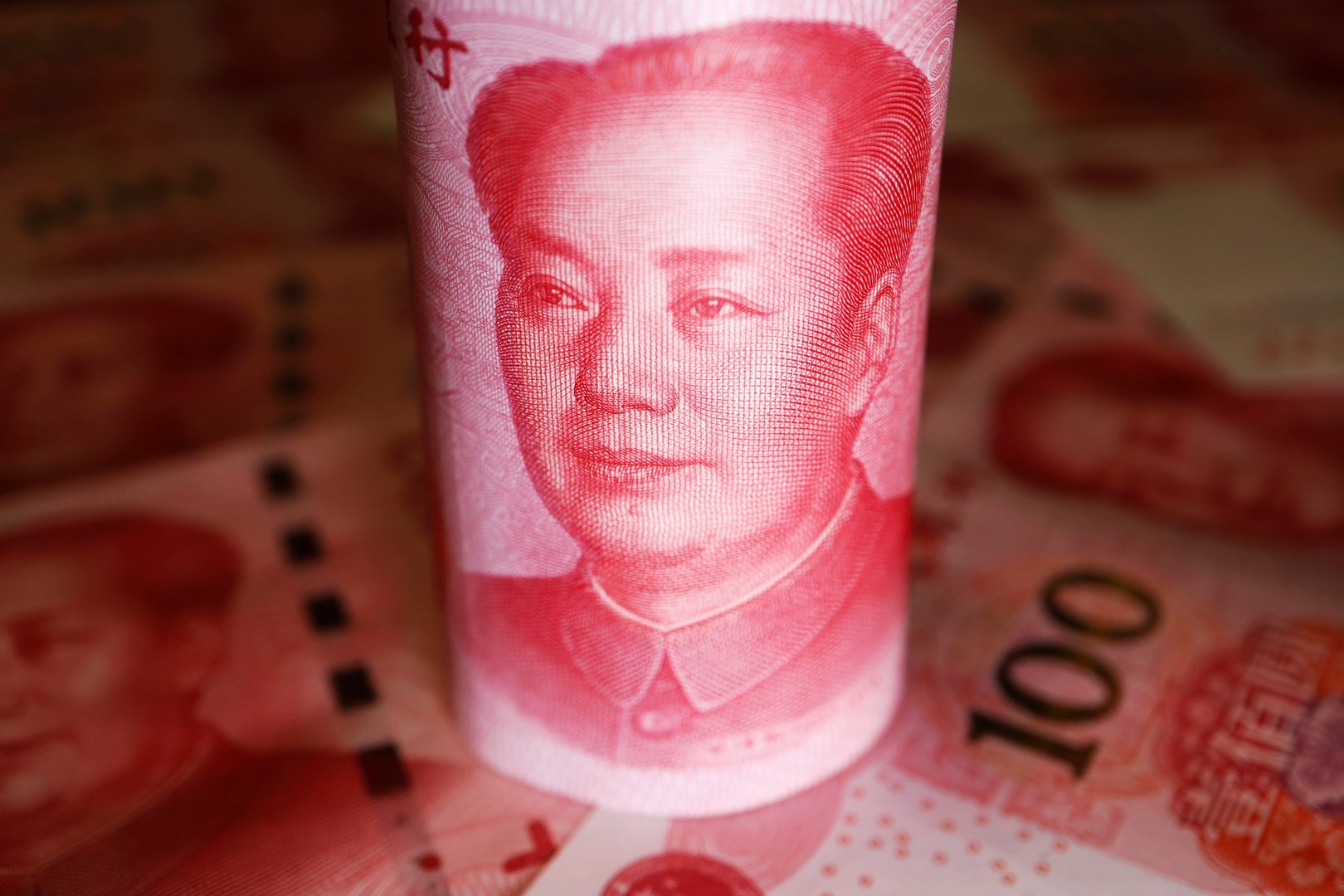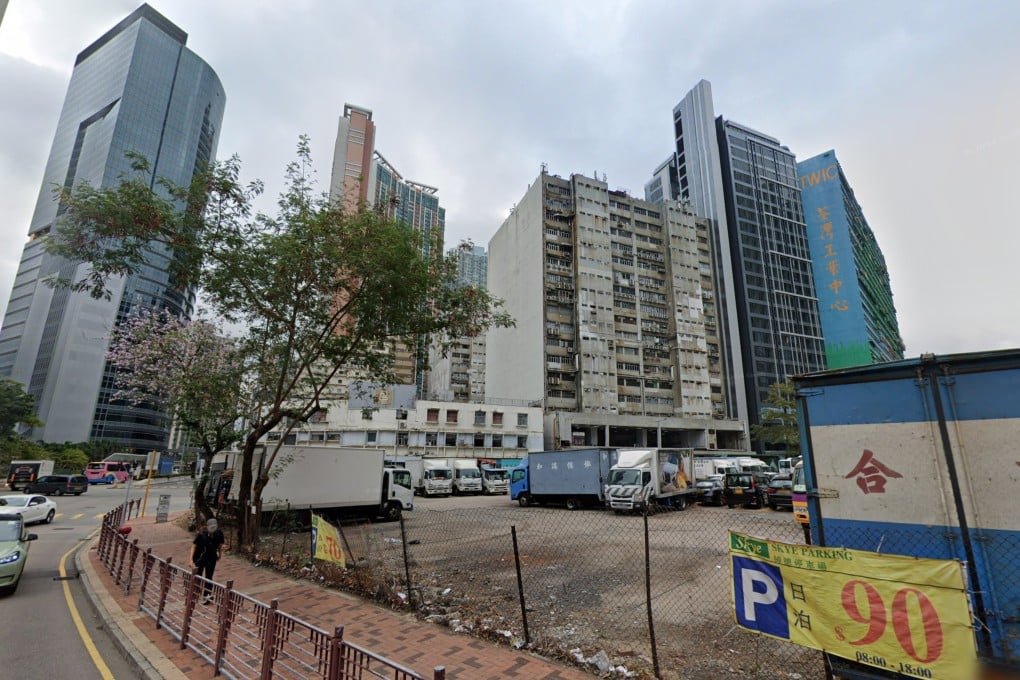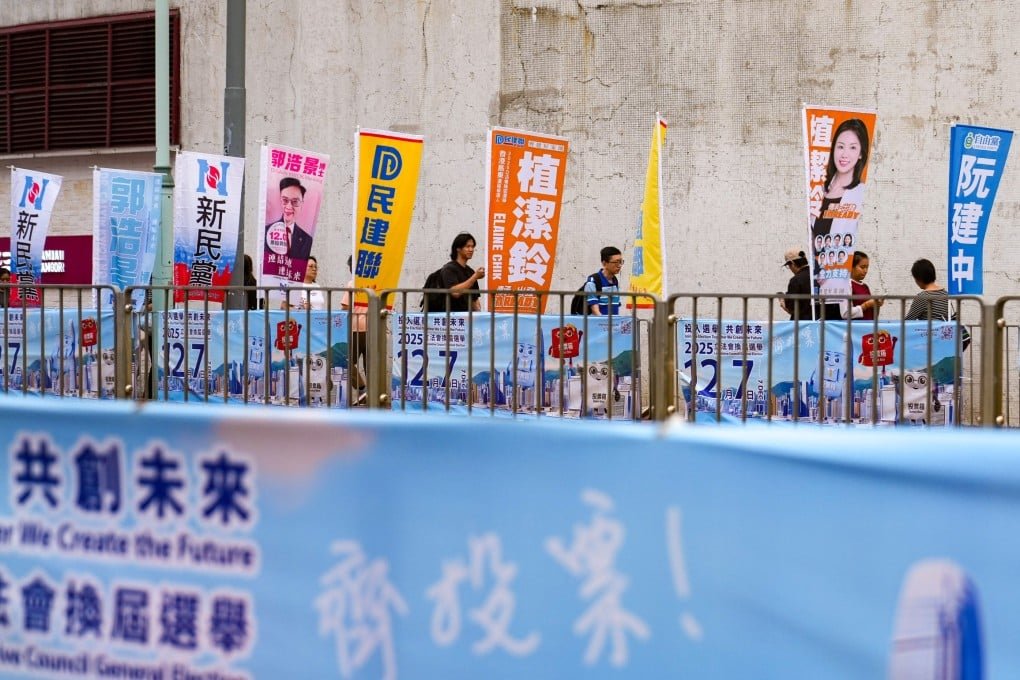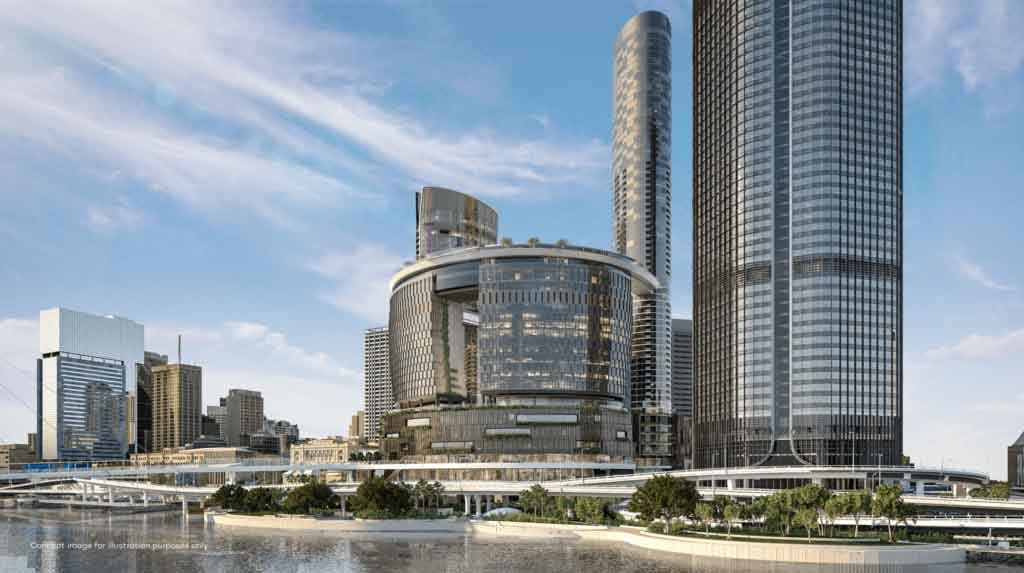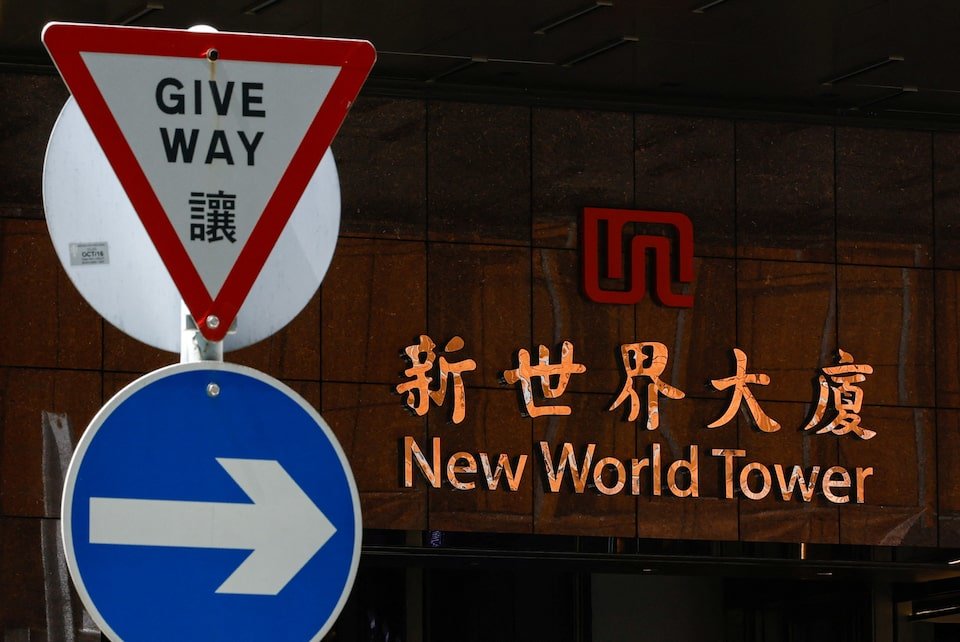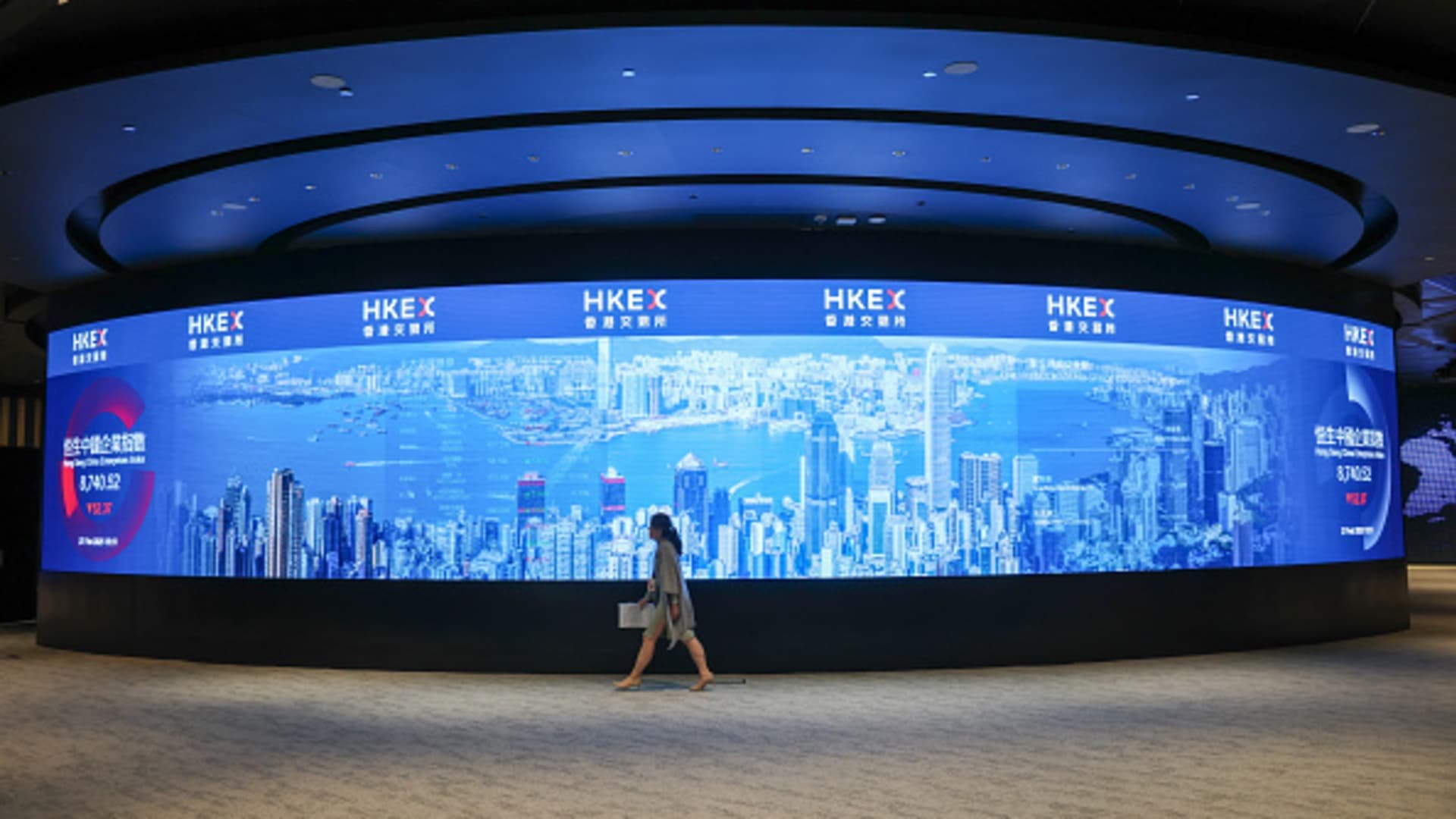
Executives speaking at an industry panel on Tuesday said the strong revival in listings has lifted sentiment, enabling managers to divest assets at more favourable valuations than at any point since 2021.
Companies have raised an estimated $18.2 billion through Hong Kong IPOs this year as of October, putting the city on track to become the world’s largest listing venue.
The Hang Seng Index has gained more than 28 percent this year, far outpacing the S&P 500, adding further momentum for firms preparing exits.
The improved outlook has also encouraged global private equity groups—many of which had shifted to an “anything but China” stance in recent years—to re-engage with the mainland market.
Fund managers noted that consumer-facing companies in China now offer opportunities to “buy growth at a discount,” citing the rapid rise of domestic brands and substantial household savings.
They added that as many global competitors have retreated, valuations for market-leading assets have become more attractive.
Reduced competition has enabled disciplined investors to secure high-quality assets at favourable multiples.
Even with stronger market conditions, the exit environment remains mixed.
Some portfolio companies continue to generate steady cash returns of 15 to 20 percent, providing a cushion while managers wait for the right moment to list.
Yet corporate mergers and acquisitions remain sluggish, and China’s domestic listing rules are still tightly regulated, making Hong Kong a critical release valve for firms eager to return capital to investors.
A key challenge is the growing backlog at the Hong Kong Stock Exchange, which had more than 300 active IPO applications under review at the end of October—up sharply from fewer than 70 applications during the same period last year.
Industry leaders cautioned that delays could hinder plans to capitalise on current valuations, though optimism remains high.
Mainland regulators have pledged to streamline approval processes for overseas listings and deepen financial linkages with Hong Kong, reinforcing the city’s role as China’s primary global market gateway.
Private equity executives expect that as Hong Kong’s recovery strengthens, exit opportunities will widen further, improving both performance and investor confidence.




